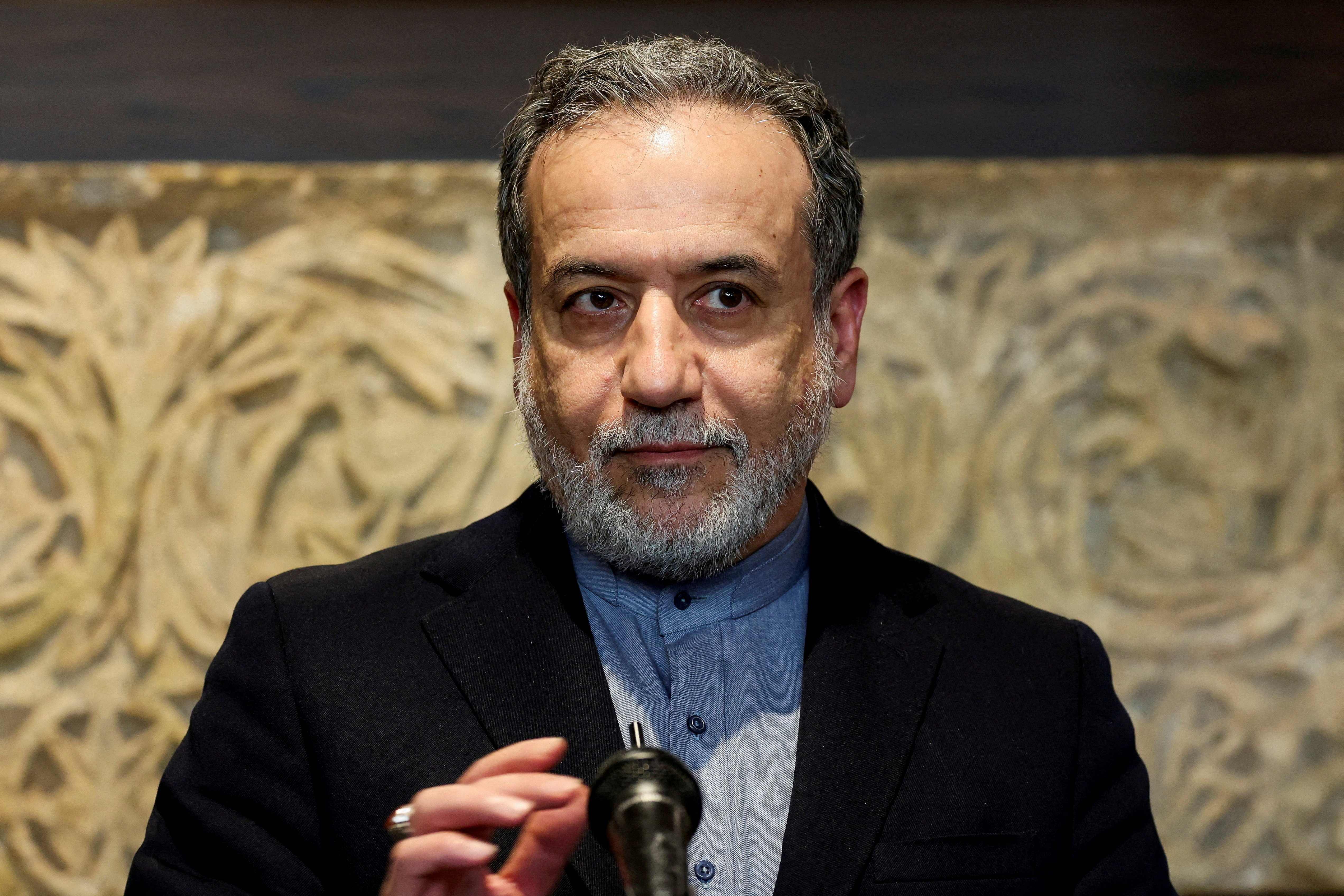UN nuclear watchdog chief Rafael Grossi has met the head of Iran's atomic energy agency, Mohammad Eslami, ahead of a fresh round of nuclear talks between Tehran and Washington.
There were no immediate details on Grossi's meeting with Eslami on Thursday, but Iran's Shargh newspaper described his visit as "strategically significant at the current juncture".
Iranian and US delegations are to gather in Rome on Saturday for a second round of Omani-mediated negotiations, a week after the longtime foes held their highest-level talks since US President Donald Trump abandoned a landmark nuclear accord in 2018.
On Wednesday, Grossi met with Foreign Minister Abbas Araghchi, who led the first round of talks with US Special Envoy Steve Witkoff on Saturday.
Araghchi said he had a "useful" meeting with the International Atomic Energy Agency chief.
"The IAEA can play a crucial role in peaceful settlement of the Iranian nuclear file in the coming months," he said.
Araghchi called on the IAEA chief to "keep the agency away from politics" in the face of "spoilers" seeking to "derail current negotiations". He did not elaborate.
Grossi said their meeting was "important".
"Cooperation with IAEA is indispensable to provide credible assurances about the peaceful nature of Iran's nuclear programme at a time when diplomacy is urgently needed," he said on X.

'Not far' from possessing bomb
Before heading to Iran, Grossi told French newspaper Le Monde that Tehran was "not far" from possessing a nuclear bomb.
Western governments have long accused Iran of seeking to acquire a nuclear weapons capability, an ambition Tehran has consistently denied.
A year after Trump pulled out of the 2015 nuclear deal, Iran reportedly began rolling back its own commitments under the agreement, which gave it relief from sanctions in return for IAEA-monitored restrictions on its nuclear activities.
In its latest report, the IAEA said Iran had an estimated 274.8 kilogrammes (605 pounds) of uranium enriched to up to 60 percent.
That level far exceeds the 3.67 percent enrichment ceiling set by the 2015 deal, but still falls short of the 90 percent threshold required for a nuclear warhead.
Since he returned to office in January, Trump has revived his "maximum pressure" policy of punishing economic sanctions against Iran.
In March, he sent a letter to Iran's supreme leader Ali Khamenei urging talks and warning of possible military action if Iran refused.
On Thursday, the New York Times reported that Trump had blocked an Israeli plan to strike Iranian nuclear facilities in favour of seeking a negotiated deal.















